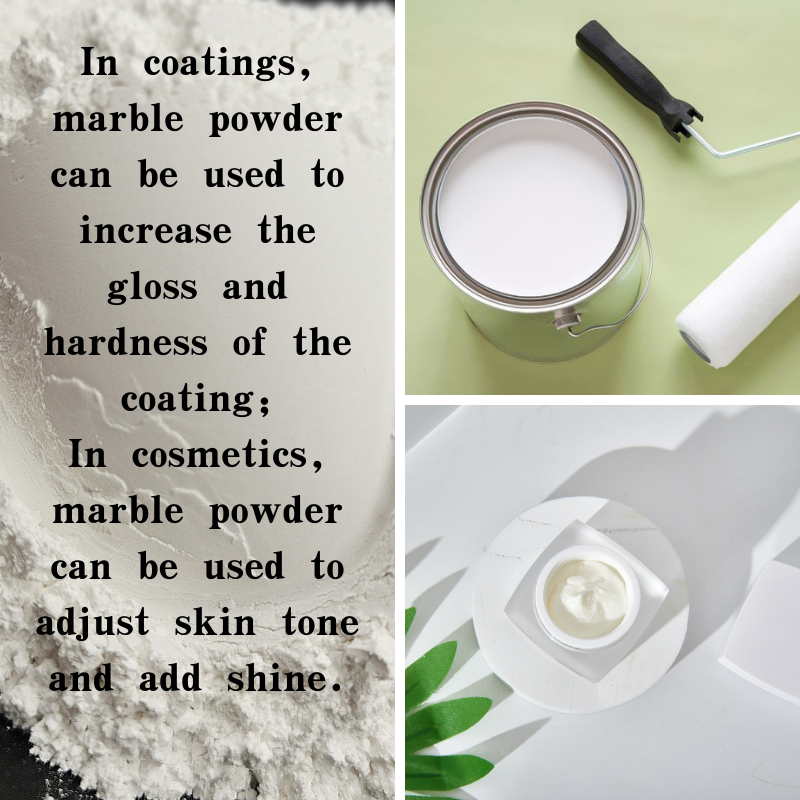
bentonite clay for drilling
Bentonite Clay for Drilling Enhancing Efficiency and Safety in the Oil and Gas Industry
Bentonite clay, a natural clay composed primarily of montmorillonite, has become an essential component in the drilling industry, particularly in oil and gas exploration. Its unique properties—such as swelling, plasticity, and water absorption—make it an ideal choice for various applications in drilling operations. This article explores the significance of bentonite clay in drilling, its functions, advantages, and environmental considerations.
The Role of Bentonite Clay in Drilling
Bentonite clay is predominantly used as a drilling mud or drilling fluid. Drilling mud is crucial in drilling operations for several reasons
1. Lubrication Bentonite helps to lubricate the drill bit, reducing friction and enhancing the rate of penetration. This lubrication is vital for efficient drilling, particularly in hard rock formations.
2. Cooling The drilling process generates significant heat. Bentonite, when mixed with water, helps to dissipate this heat, preventing damage to the drill bit and extending its lifespan.
3. Cuttings Removal As drilling progresses, cuttings are produced that must be efficiently removed from the borehole. Bentonite mud carries these cuttings to the surface, preventing clogging and maintaining borehole stability.
4. Wellbore Stability Bentonite helps to stabilize the wellbore by forming a protective barrier against surrounding formations. It minimizes the risk of collapses and reduces fluid loss into porous rock layers.
5. Pressure Control The density of bentonite mud can be adjusted to balance formation pressures. This is essential to prevent blowouts during drilling caused by sudden pressure changes.
Advantages of Using Bentonite Clay
Bentonite clay offers numerous benefits that contribute to the efficiency and safety of drilling operations
- Cost-Effectiveness Bentonite is relatively inexpensive and abundant, leading to lower overall costs for drilling projects
. Its reusable nature further enhances cost savings.bentonite clay for drilling

- Environmentally Friendly Being a natural product, bentonite clay is safer for the environment compared to synthetic drilling fluids. Its biodegradable properties make it an attractive choice in sensitive ecological areas.
- Versatility Bentonite can be formulated into various types of drilling muds, including water-based and oil-based muds, depending on the specific requirements of the drilling operation.
- Enhanced Performance Its unique properties improve fluid viscosity, providing better control over the drilling process and reducing the chances of accidents or equipment failures.
Environmental Considerations
Despite its benefits, the use of bentonite clay in drilling operations is not without environmental concerns. While natural, excessive extraction of bentonite can lead to land degradation, and improper disposal of used drilling muds can contribute to soil and water pollution.
To address these issues, many companies are adopting sustainable practices, such as
- Recycling Used Drilling Fluids Implementing systems to treat and reuse drilling mud can significantly reduce waste and environmental impact.
- Minimizing Extraction Impact Companies are urged to follow responsible mining practices and manage extraction sites to prevent long-term damage to local ecosystems.
- Adopting Alternatives Research into synthetic and biobased alternatives to bentonite is ongoing. This could provide additional options with potentially lower environmental footprints.
Conclusion
Bentonite clay plays a pivotal role in the drilling industry, providing essential support for efficient and safe operations. Its unique properties enhance drilling performance, while its natural origins make it a more environmentally sound choice compared to many synthetic alternatives. However, as the industry continues to evolve, it is crucial to balance the benefits of bentonite with sustainable practices that protect our planet, ensuring that this valuable resource is available for future generations. By embracing innovation and responsible management, the drilling industry can maximize the advantages of bentonite clay while minimizing its environmental impact.
Share
-
Premium Kaolin Powder | High-Purity Mineral SolutionNewsAug.05,2025
-
Premium Glass Sand Solutions | High Purity SupplyNewsAug.03,2025
-
Natural Premium Bentonite Cat Litter - Superior ClumpingNewsJul.31,2025
-
Premium Resin Coated Sand - High Heat Resistance CastingNewsJul.31,2025
-
High Quality Silicon Carbide Grit for Abrasive ApplicationsNewsJul.30,2025
-
High-Quality Ceramsite for Plants & Gardening | Lightweight PebblesNewsJul.29,2025






